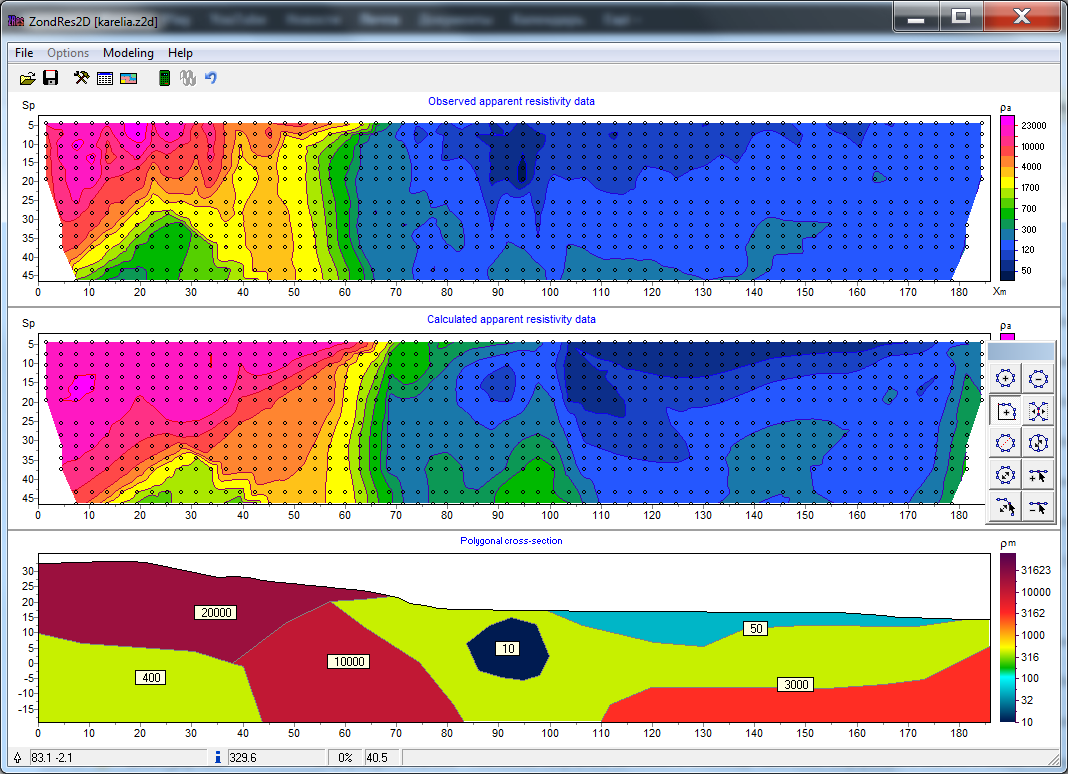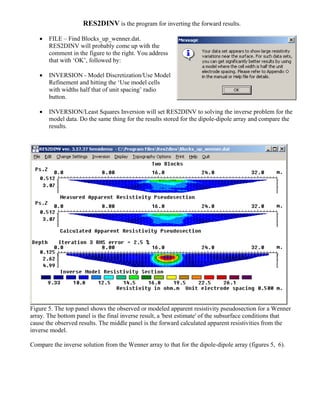
As to why removing/preventing plaques does not cure or stop disease progression, might relate to the fact that oligomeric species forming on/off-pathway towards amyloid plaques can also be extremely toxic to cells. But the best clue is that familial alzheimers / early onset alzheimers has been linked to mutations in genes coding for either APP or proteins that interact with abeta.

The reason many people believe abeta to play a role in the development of alzheimers, stems from it being found in plaques of diseased patients. (I realize that you wrote that comment later, I'm just attaching it here to make one I think is a logical continuation of your above exchange) I don't think any of these ideas are mutually exclusive with others, and it is quite possible more than one - or other possibilities - may be modulating plaque formation.Īβ not being used up is not the prevailing theory (I think the prevailing theory is usually APP gets cleaved in ways that favor Aβ forming plaques). Other factors accumulate that make it more likely for Aβ to oligomerize. (your idea): Aβ is not 'used up', creating excess that allows for oligomerization. (APP is processed differently in AD patients over time in a way that generates Aβ fragments more likely to oligomerize.Īβ/amyloid is not recycled properly - and the excess creates conditions necessary for oligomerization. There are several different explanations that I am aware of: I don't know that we have a clear answer.

But the therapeutics say no.ĭon't you kind of list ways in which Abeta build up may just be a symptom and not a causation further down the comment chain? This has caused a big debate in the AD community - does Aβ actually matter?Īs I indicated above, the genetics certainly say yes. In both cases, there was no clinically meaningful benefit. These trials failed when they were given to patients with AD or with prodromal AD (early signs of disease). However, to date, when tested in large clinical trials none of these drugs have improved outcomes for AD patients. There are drugs that do this - either by preventing them from building up (things like BACE inhibitors) or removing them from the brain (certain antibodies). The plaques are toxic to nearby cells and are therefore implicated in the progression of AD. These plaques are the hallmark feature of Alzheimer’s disease and are one of the things being tracked in this paper. One of those pieces is Aβ, a short peptide that is capable of oligomerizing (forming clumps, or “plaques”) under certain conditions. What we do know is that APP gets cut into pieces as a part of its normal biology. But the precise details are far from worked out. It is expressed in neuronal synapses, and seems to play a role in synapse formation and repair, and therefore processes like memory. We don’t really know what this gene does. If you look at the genetics of early onset Alzheimer’s disease, you find that all of the familial mutations converge on a gene called APP, amyloid precursor protein. If you are lucky enough to be embedded in a supportive and lively extended family, I think that can serve as stimulation too, but those are becoming frightfully rare in the first world. I have a feeling we will do many interesting things. I can feel myself losing my elasticity in my 40s, but I'm working on rerouting/relearning. Force yourself to stay in "busy being born" mode. I'm convinced that mental limberness requires regular practice of a diverse nature. Force yourself to try something new regularly. I try to read new things daily, listen to new music, read books, research topics, engage in projects (for a while, it was writing a novel and novella, then kombucha making, then it was ink drawings, vermiculture, next is growing a medicinal tea garden). They also couldn't read too well due to eyesight and inclination. The evidence of decline becomes most drastically evident when they become more socially isolated due to physical frailty. Similarly, what counts as learning? I had 2/4 grandparents succumb to dementia/Alzheimer's, so I've seen it up close and in personal detail.

New to reddit? Click here! Get flair in /r/science Previous Science AMA's



 0 kommentar(er)
0 kommentar(er)
